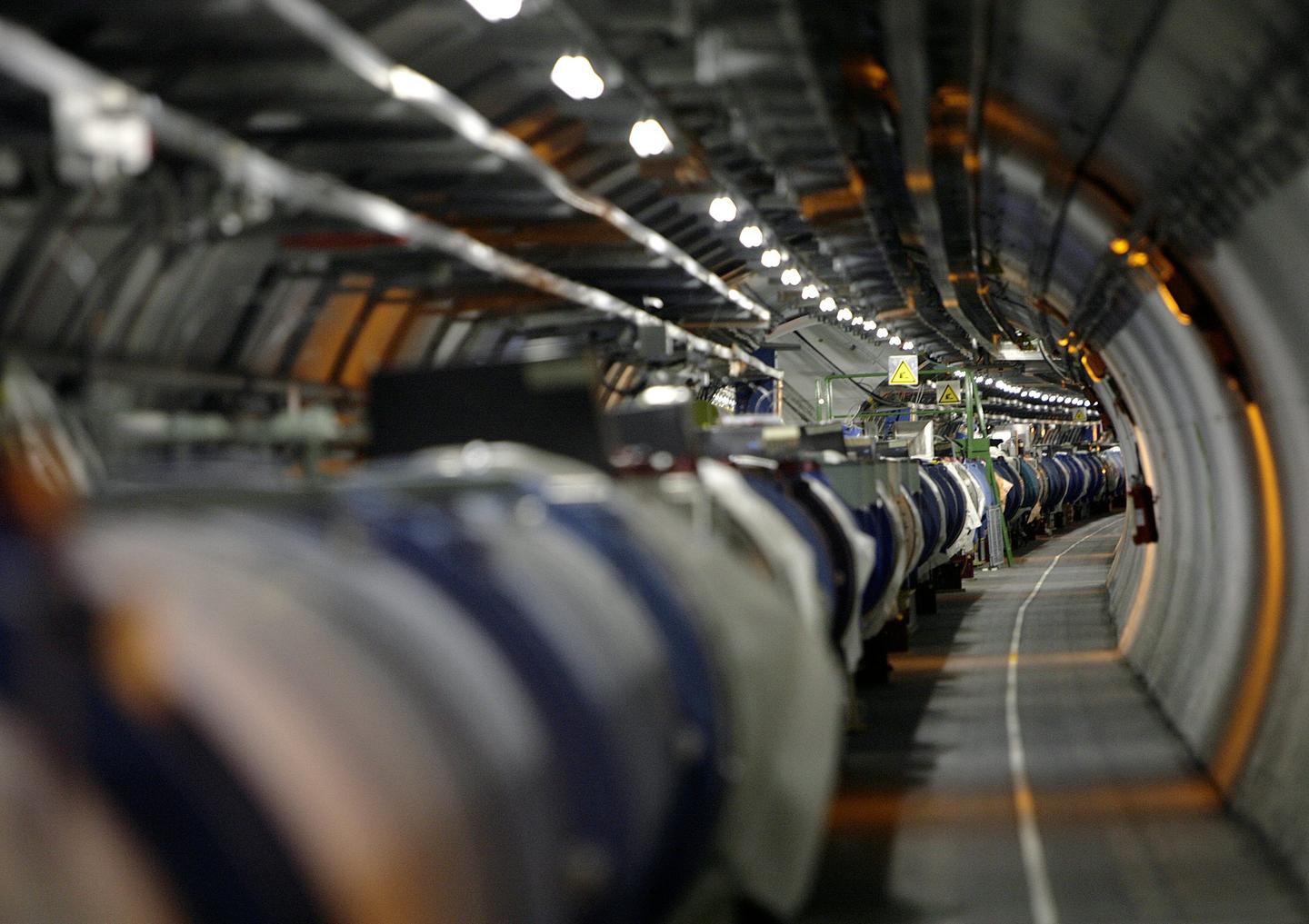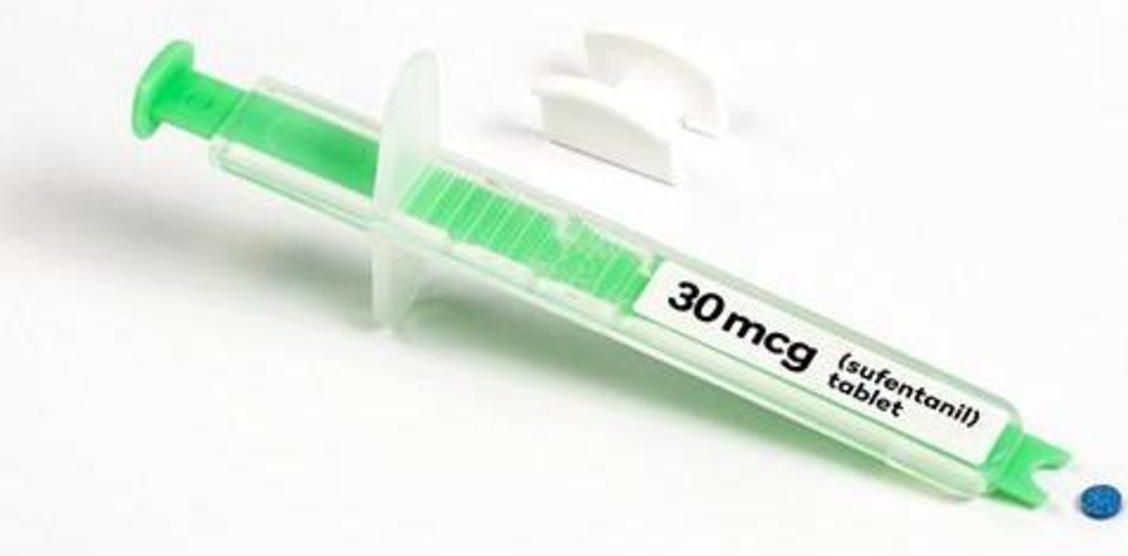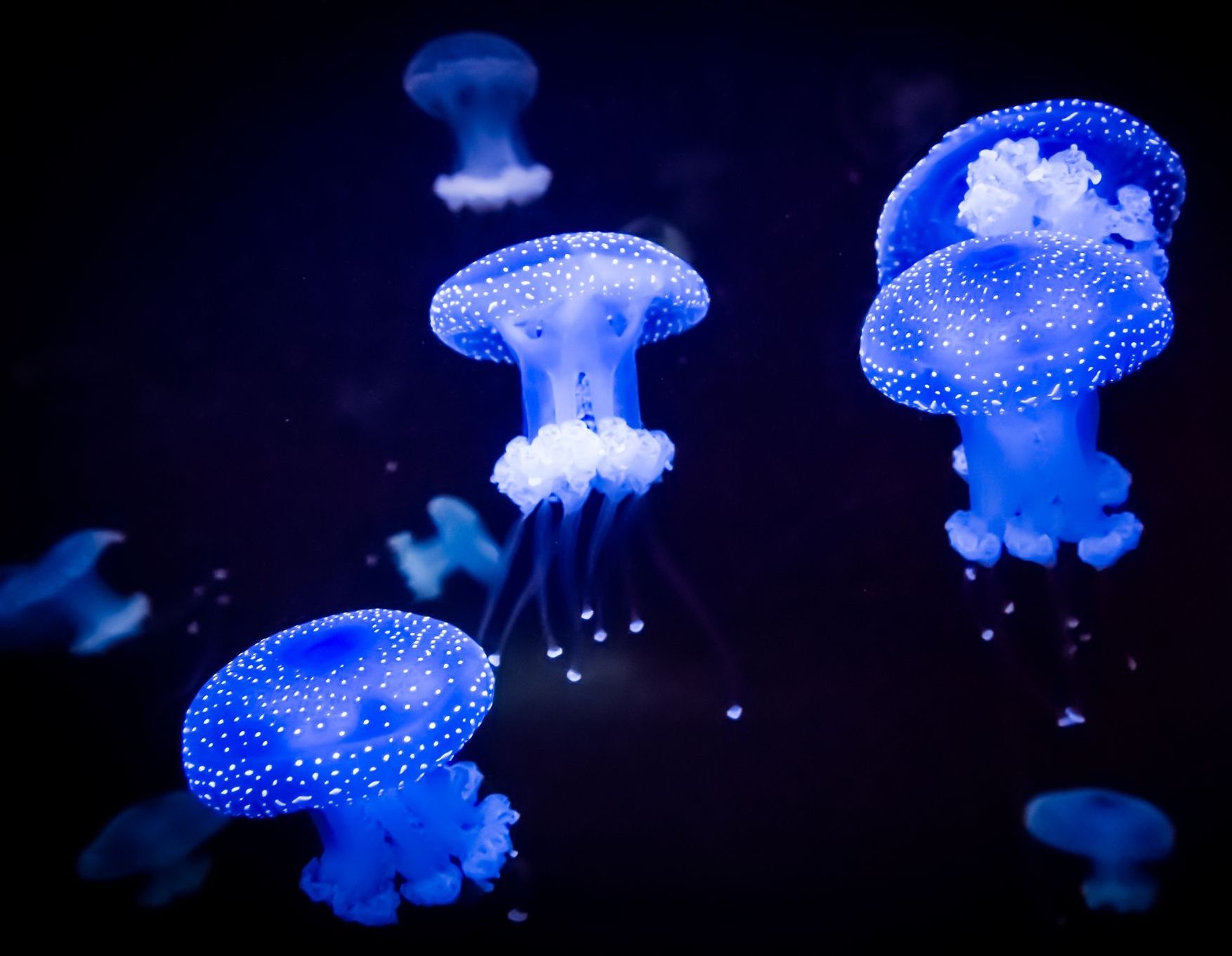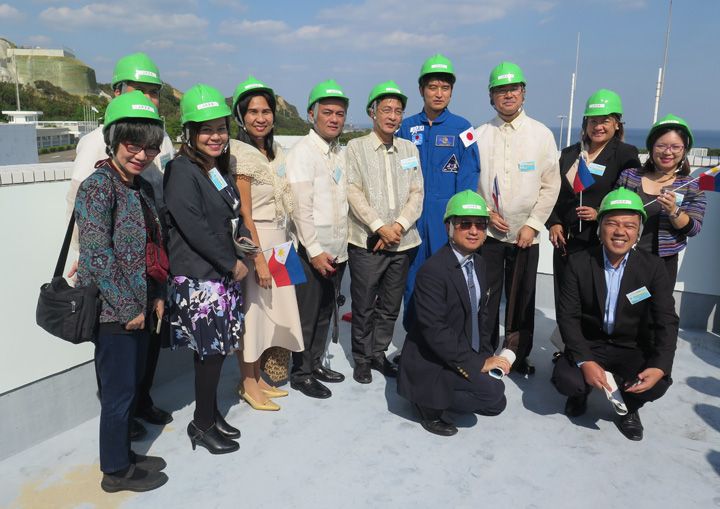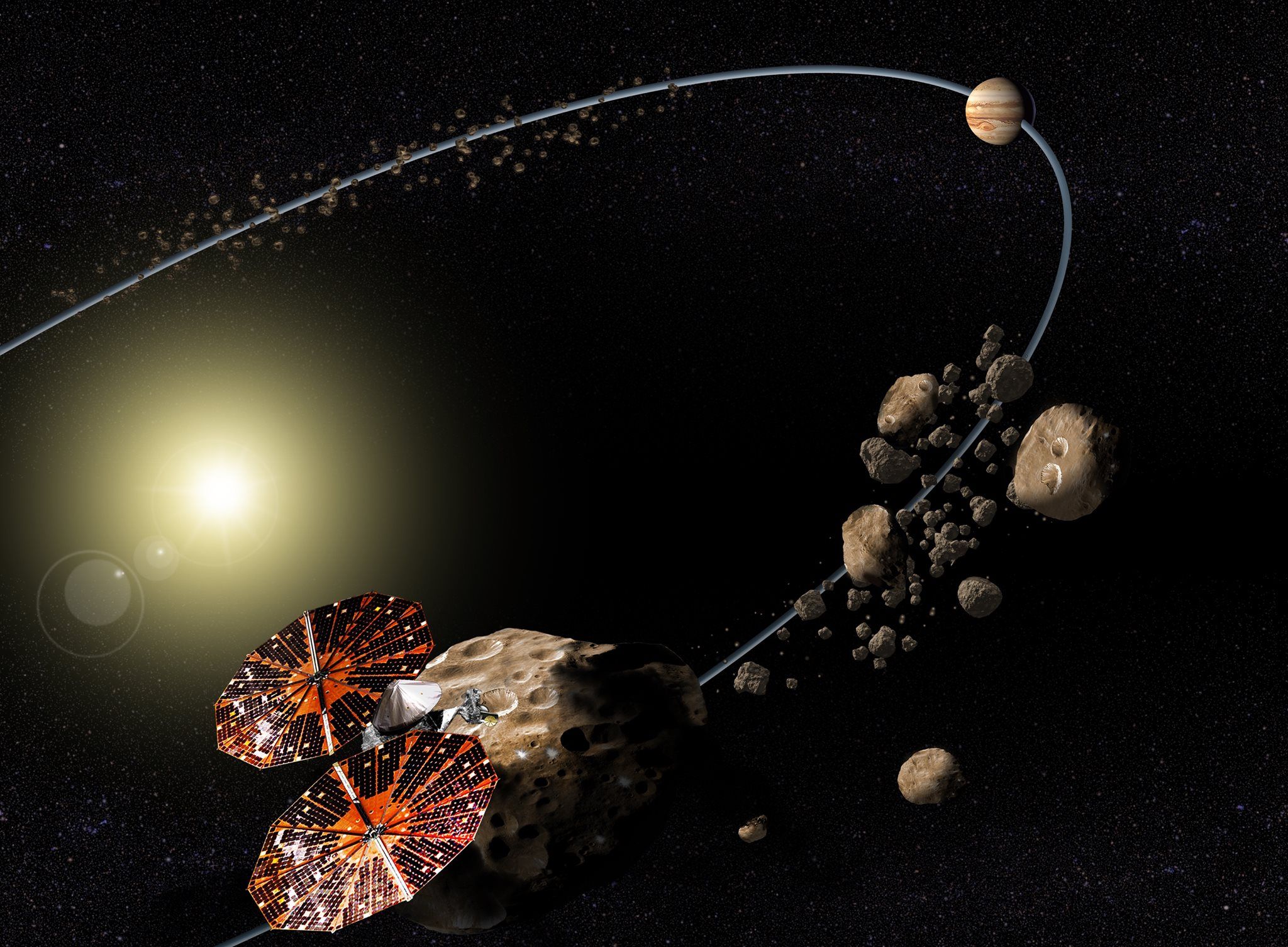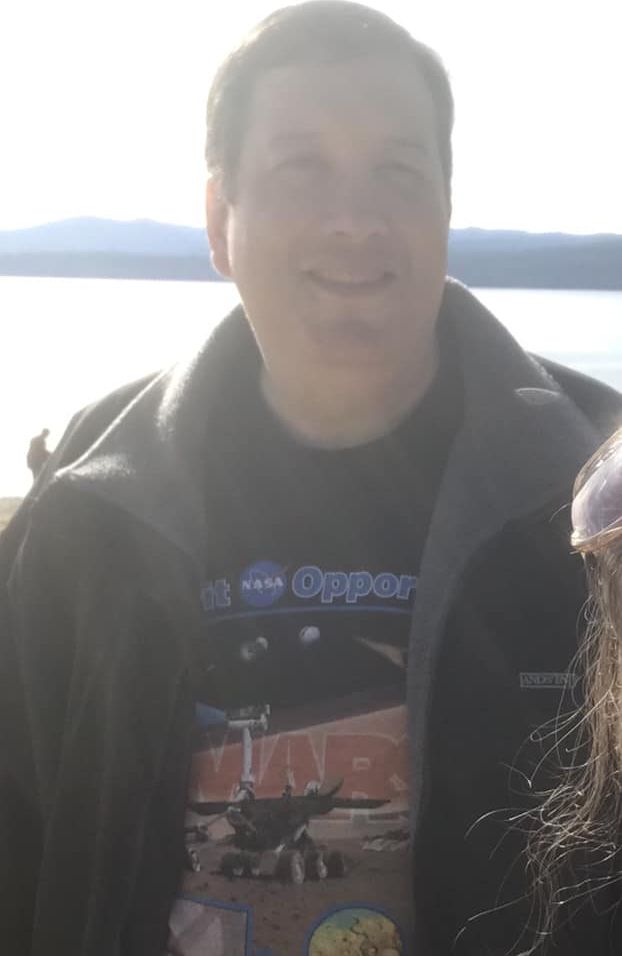Page 8578
Nov 4, 2018
FDA approves painkiller 1,000 times more powerful than morphine
Posted by Genevieve Klien in category: biotech/medical
TRENTON, N.J. (AP) — U.S. regulators on Friday approved a fast-acting, super-potent opioid tablet that is 10 times more powerful than Fentanyl and 1,000 times more potent than morphine.
The drug called Dsuvia was developed as an alternative to IV painkillers used in hospitals.
The decision by the Food and Drug Administration came over objections from critics who fear the pill will be abused. In a lengthy statement, FDA Commissioner Scott Gottlieb said there will be “very tight restrictions” placed on its distribution and it is intended only for supervised settings like hospitals.
Continue reading “FDA approves painkiller 1,000 times more powerful than morphine” »
Nov 4, 2018
Does antimatter fall upwards? New CERN gravity experiments aim to get to the bottom of the matter
Posted by Genevieve Klien in categories: physics, space
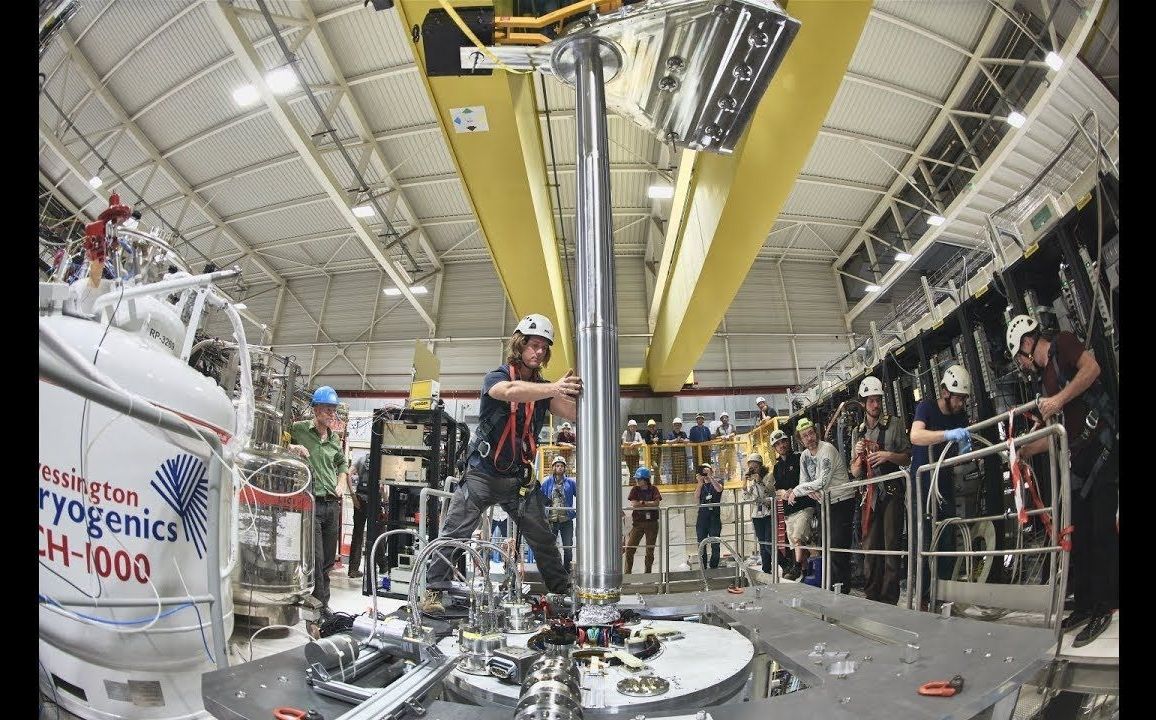
Physics tells us that a hammer and a feather, dropped in a vacuum, will fall at the same rate – as famously demonstrated by an Apollo 15 astronaut on the Moon. Now, CERN scientists are preparing to put a spooky new spin on that experiment, by dropping antimatter in a vacuum chamber to see if gravity affects it the same way it does matter – or if antimatter falls upwards instead.
Nov 4, 2018
Is it possible to produce light without heat?
Posted by Genevieve Klien in category: futurism
This phenomenon requires generating photons with visible, UV wavelengths rather than hot, infra-red wavelengths, and it happens in nature.
Nov 4, 2018
Rutgers researchers advance stem cell therapy with biodegradable scaffold
Posted by Genevieve Klien in categories: bioengineering, biotech/medical, life extension, nanotechnology, neuroscience
Rutgers scientists have created a tiny, biodegradable scaffold to transplant stem cells and deliver drugs, which may help treat Alzheimer’s and Parkinson’s diseases, aging brain degeneration, spinal cord injuries and traumatic brain injuries.
Stem cell transplantation, which shows promise as a treatment for central nervous system diseases, has been hampered by low cell survival rates, incomplete differentiation of cells and limited growth of neural connections.
So, Rutgers scientists designed bio-scaffolds that mimic natural tissue and got good results in test tubes and mice, according to a study in Nature Communications. These nano-size scaffolds hold promise for advanced stem cell transplantation and neural tissue engineering. Stem cell therapy leads to stem cells becoming neurons and can restore neural circuits.
Nov 4, 2018
Feeling high with Diwata-2 in the sky
Posted by Michael Lance in categories: business, space
What was it like to see, up close, the H-IIA rocket (that carried Diwata-2) leave the grounds of Japan’s Tanegashima Space Center last October 29? Here’s a firsthand account from BusinessMirror.
WHILE waiting for the launching of Diwata-2 at the view deck in Tanegashima Space Center in Kagoshima, Japan, with our cameras trained at the launch site, Dr. Joel Marciano, the head of Philippine Scientific Earth Observation Microsatellite Program (PHL-Microsat) whispered: “Don’t just look at the rising rocket [named H-IIA F40 that carries Diwata-2] through your camera. Look at the real event so you can feel it.”
I didn’t know and did not have the time to ask what he meant by “feel it.”
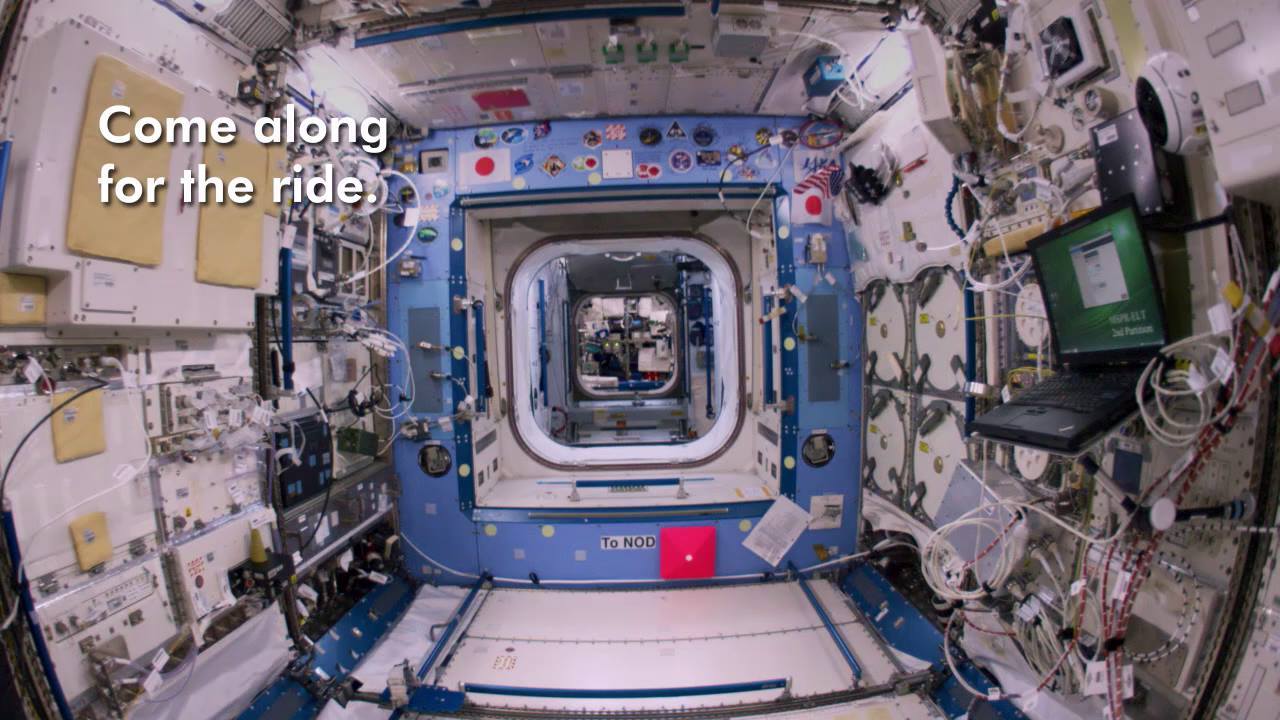
The International Space Station is your orbiting laboratory, and the science being conducted there will help us push farther into deep space, while providing benefits back on Earth. Microgravity unlocks new worlds of discovery. Dive into what we’re learning: 🔬🚀.
Nov 4, 2018
We have an official green light for “Lucy,” launching in 2021
Posted by Michael Lance in category: space
Lucy is a mission to primitive asteroids orbiting Jupiter, where we’ll learn about planetary origins and the formation of the solar system. Lucy will complete a 12-year journey to seven different asteroids, more destinations in independent orbits than any space mission in history.
